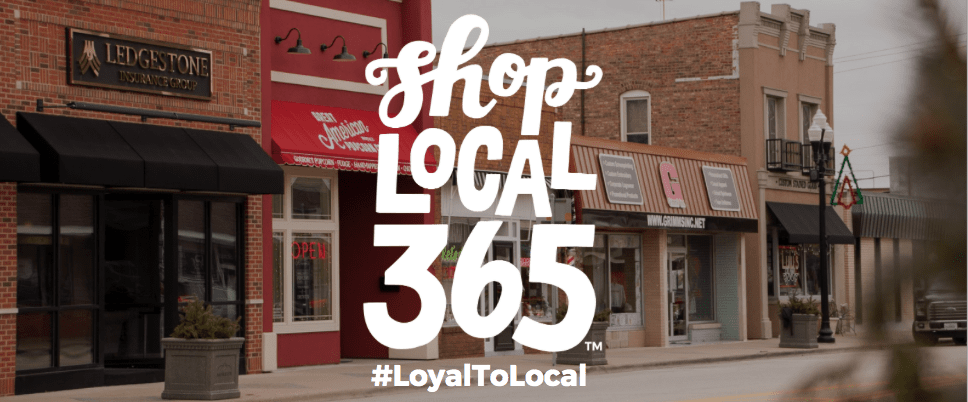I am pleased that Peoria Magazine chose to dedicate a large part of this issue to retail. When we think about economic development, we usually talk about big things in big categories like manufacturing, healthcare and agriculture. There is no doubt those are the underpinnings of our economy, but retail is also a hugely important component.
First, it is often the retail climate—shops, restaurants and entertainment—that make a community a place people want to live. Greater Peoria would be pretty boring if it was just a series of factories and hospitals surrounded by farmland. But beyond the vibrancy and community connections the retail sector provides, it is also a large factor in employment. According to EMSI, a national labor analytics platform, an estimated 18,600 people are currently working in our region’s retail sector. That is one in 10 total jobs (10.2%) attributable to retail, ranking it in fifth place as the most important employment sector in our economy.
The Shifting Retail Landscape
Truth is, though, that number has been slipping. In 2001, EMSI estimated that 20,400 people worked in retail jobs—a decrease of about nine percent. It should not be a surprise that a large contributing factor has been the rise of online shopping. The U.S. Commerce Department reported that online sales jumped from just five percent of the retail market in the late 1990s to just under 12 percent in 2019. More to the point, in February 2019, online sales were greater (though only slightly) than sales at “general merchandise stores” (think big stores like Walmart as well as smaller stores, but not car dealerships or grocery stores). It is the first time that has happened, and I gather if I spent enough time looking for a more current figure, the space between them is even greater now.
We have certainly seen the impacts of the shifting retail landscape in our region. Within the last few years we have seen the closure of a slew of national chain stores, from Sears to Charming Charlie. Their plight is not necessarily one of local economic conditions. The Bergner’s at Grand Prairie was, by all accounts, a well-performing store that just happened to be part of a dying company. The struggle is not limited to these brand names; many locally owned shops are struggling to keep their doors open or have given up altogether. These closures have a variety of negative community impacts, from lost jobs to vacant storefronts and big box buildings. And closures have a way of casting a pall over a community.
Adjusting to New Realities
But the news is not all bad. First, locally owned retailers and even a few national chains are adjusting to this new reality. Kohl’s, for example, developed themselves as a return point for Amazon orders. This not only provides a convenience to shoppers, but also drives traffic to their traditional retail floor. Top retailers like RC Outfitters, Sherman’s and Lippmann’s have ratcheted up their customer service efforts. Some places offer unique products and experiences that simply cannot be found online.
The even better news is that local consumers have the power to help stem the tide, if even just a little bit. For the past two years, Greater Peoria EDC has worked with a broad coalition of local chambers of commerce to launch Shop Local 365. This effort is not based on the naïve notion that people will stop shopping online altogether. Rather, it aims to educate people on the consequences of consumer choice.
When people shop local, they are helping their community and themselves. Dollars spent locally stay local and are recycled through the economy. Local stores—both chains and your friendly mom-and-pop shop—employ our neighbors and give our children their first jobs. Those people in turn spend their wages locally. Local stores often buy local themselves, purchasing janitorial, security, maintenance and IT services. Local establishments sponsor youth sports teams, run employee campaigns for the United Way, and buy tables at charitable fundraisers. None of this happens when people buy online.
You might be getting bored of the Shop Local mantra, but I do not think we can say it too many times. Let’s face it, there is not much any single individual can do to influence the broader economy. Most people are not in a position to start their own business or invest in a startup. But we are all consumers, and by making the simple choice of spending local whenever we can, our small choices can collectively make a difference. PM




